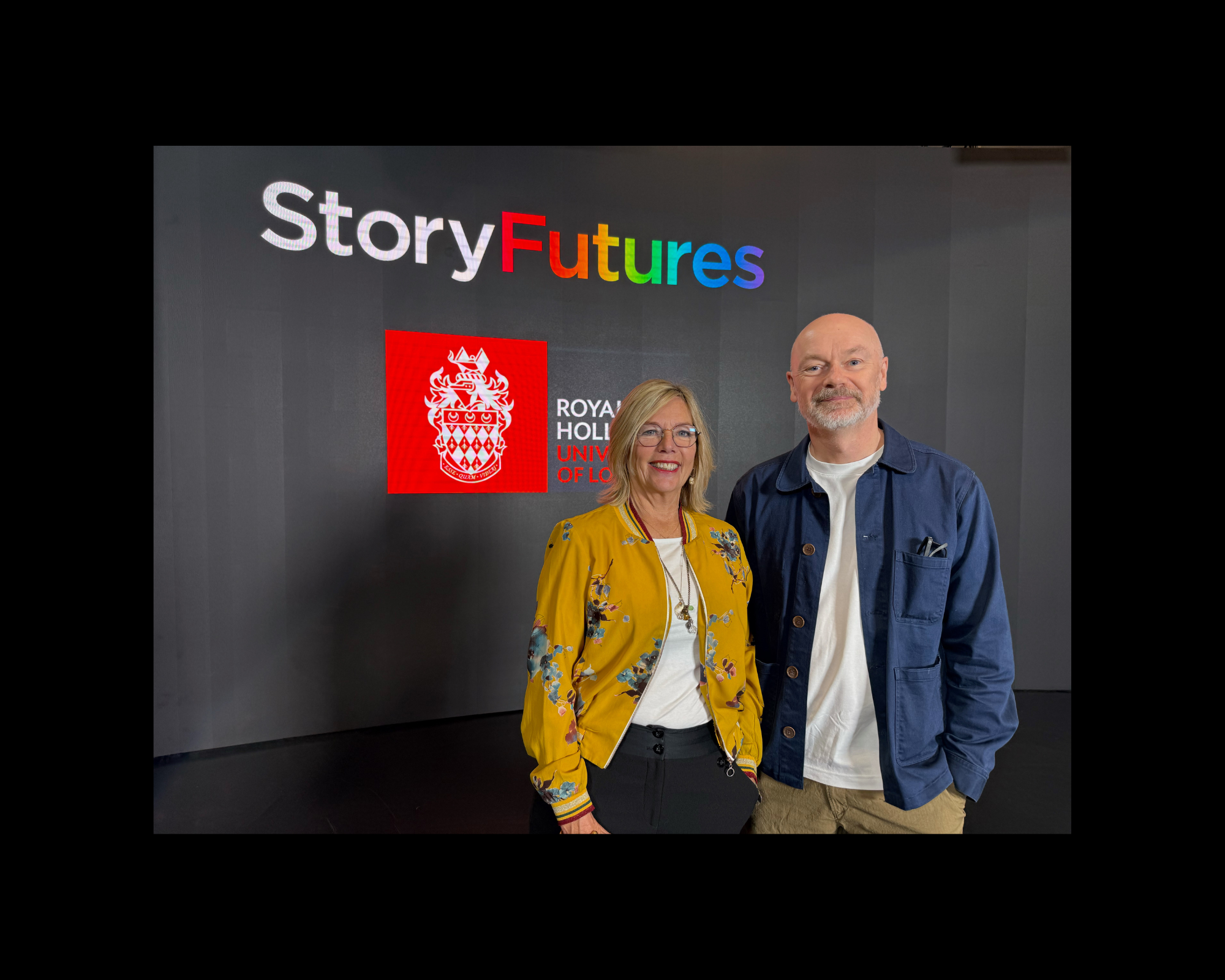A new algorithm has been developed by academics at Royal Holloway, University of London, to predict the side effects of drugs before they hit the market by using the same principle by which movies are recommended to users.

The machine learning approach, by Dr Diego Galeano and Professor Alberto Paccanaro, from the Department of Computer Science at Royal Holloway, is the first of its kind to be able to predict the percentage of the population that will be affected by a specific side effect elicited by a drug.
At present, it is well recognised that numerous side effects of medical drugs are not observed during clinical trials, but are only identified after the drug has reached the patients, which can cause significant morbidity and mortality in healthcare.
By using an algorithm similar to that of Netflix, which predicts its users taste in films and then suggest movies to watch, the new algorithm will help to determine how people will react to a drug and the percentage of people who will have side effects after the first stages of human trials, and therefore direct the trial going forward.
Professor Alberto Paccanaro, from Royal Holloway, said: “It is extremely important to predict what the frequencies of the side effects of the drugs will be after the first stages of clinical trials. At the moment, we don’t have any systems that can do this.”
While the accurate estimation of the frequencies of side effects is vital to patient care in the clinical practice, it is also essential for pharmaceutical companies as it reduces the risk of drug withdrawal from the market or of a costly reassessment of side effect frequencies through new clinical trials.
Dr Shantao Li and Professor Mark Gerstein from Yale University contributed to the assessment of the biological relevance of the results and are also co-authors of the paper.

























